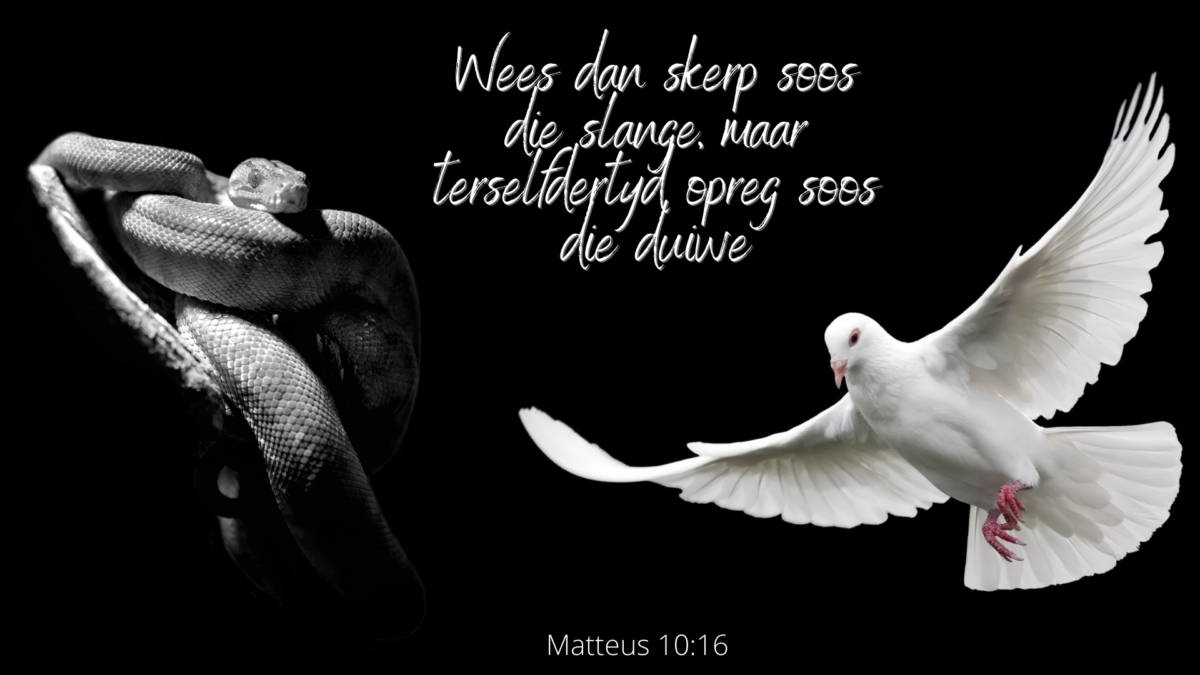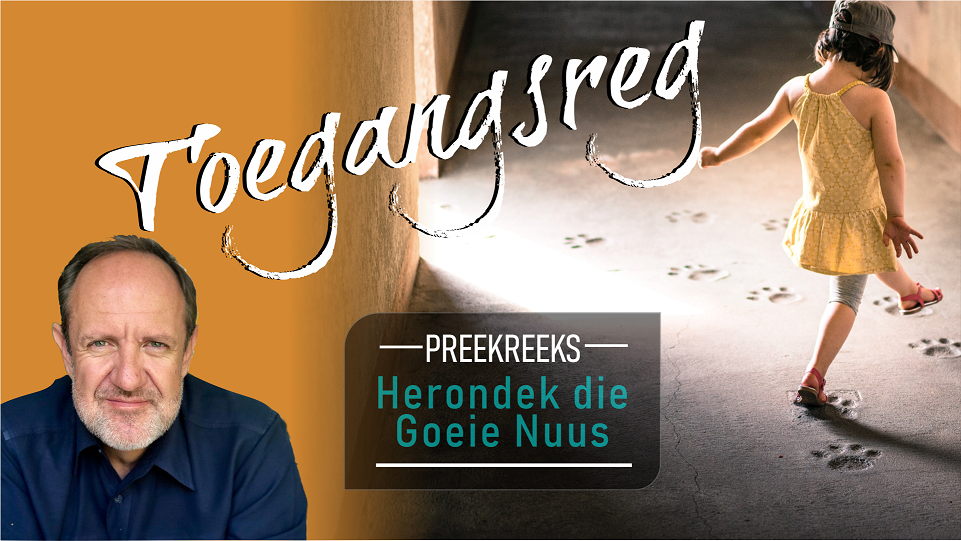So many songs, movies, and poems about Christmas are not about the birth of the saviour of the World. The permeating modern theme is said to celebrate the spirit of Christmas – giving and sharing. Fundamentalist points to the pagan origin of many of these practices and traditions like Santa clause and Christmas trees and altogether abandon Christmas celebrations. On the other hand, if Christmas did not become all things to all men, Christmas would never have preserved the worldwide sustained following.
In an age of Anti-God, post-Christian modernity I am grateful for a Christian Holiday celebrated by all. People in their global diversity took ownership of the God-became-flesh theme and contextualized Christmas according to their worldview. This brings to remembrance the doctrine of the universal Christ. All things were made through Him, and without Him, nothing was made that was made. In Him was life, and the life was the light of men. And the light shines in the darkness, and the darkness did not comprehend it. (John 1:3-5; Ps. 33:6; Eph. 3:9; Col. 1:16, 17; Heb. 1:2) Instead of abandoning the Christmas tradition, is it not the task of the church to use this opportunity to make Christ known to the world?
Incarnation as a ACT of LOVE
In this blog, I will argue that next to the Crucifixion, the incarnation of the son of God is the greatest proof of His love for the World!
One of the greatest tests of true love is self-control. One could lavish your love on all, and experience countless fleeting ecstasies of unrestrained freedom but never experience the fulfilment. True reciprocal love (to love and be loved in return) requires loyalty, devotion, focus, attention, and presence to mature. A child may grow up feeling unloved growing up because of an emotionally, relationally, physically absent parent. If the love and devotion are not reciprocated by the child too, the love is lob-sided and will not last.
Reciprocal Love – Full circle
When Jesus hence showed by His own example how to live without sin as a common man, He paved the way for us to reciprocate God’s love. It is in this reciprocation of our love towards God that one grows to appreciate the depth of His love. It is following the example of His Christness in ordinary things, where one awakens to the depth height and width of His love. Remaining at peace in times of lack, despair and disappointment. To love the unlovable. To give when you yourself experience lack is the highest expression of LOVE!
Without Empathy, there is no true expression of love.
Hence: here is one of the most understated loving and wonderful love statements in the Bible!
Jesus “was in all points tempted as we are, yet without sin” (Heb 5:15 NKJV). This statement precedes the following verse of what we can expect approaching the throne of God: “Let us therefore come boldly to the throne of grace, that we may obtain mercy and find grace to help in time of need” (Heb 5:16). Jesus understands humanity! For Him to understand and love us, He had to fully become human. If Jesus came only as God, he would never have had real empathy for our condition. The mystery of how Jesus could be fully God, and fully human at the same time, baffles the mind. For this study, however, let us focus and see His humanity; how His perfect humanity without sin next to His sacrifice for our sin is one of His greatest LOVE ACTS!
Restricted yet focussed
Growing up as a young genius, without any moral failing must have been hard. When he arrived from Egypt in the small town Nazareth which the upright Jew Nataniel grumbled “what good can come from Nazareth” makes for an epic underdog-rising-out-of-the dust story. Nazareth is not depicted in a positive light throughout the gospels. They openly rejected Him when he came back preaching in their Synagogue. It seems that He made no special mark in this small community that would have helped them to also believe in Him, as the coming Messiah.
“Now it came to pass, when Jesus had finished these parables, that He departed from there. When He had come to His own country, He taught them in their synagogue, so that they were astonished and said, “Where did this Man get this wisdom and these mighty works? Is this not the carpenter’s son? Is not His mother called Mary? And His brothers James, Joses, Simon, and Judas? And His sisters, are they not all with us? Where then did this Man get all these things?” So they were offended at Him. But Jesus said to them, “A prophet is not without honor except in his own country and in his own house.” Now He did not do many mighty works there because of their unbelief” (Mat 13:53-58). Is this also the reason that He chose no disciples from His childhood?
Excluded and misunderstood
Did Jesus make no close friendships during his childhood?
For 18 years, if one subtracts the years spend in Egypt, Jesus spends His days working as an artisan. The 3rd largest city Sephorus only 5 km away from Nazareth is never mentioned in the Bible. Jesus, thus again chose a path of obscurity, instead of the fame a larger populous city would bring. This makes sense, as day-labourers and artisan builders never reside in the city they construct. They live in informal dwellings close to the city, not too far so they can daily reach their workplace without exhausting themselves. Much like today squatter informal settlement areas.
Jesus choice of vocation is non-impressive. This genius, clever, unblemished character young boy did not aspire to become a Scribe, Pharisee, Priest or Levite? He might not be permitted because of his artisan father’s family profession. One would guess that the impressive interaction with the scribes and priest at age 12, must have earned Him a special scholarship. (Luk 2:41-49)
For the sake of the world, and us common people, Jesus restrained Himself! More so, He endured his daily humanity of no special privileges, so that He can have empathy with us! He wanted to personally understand how it feels to be restricted, misunderstood, rejected, and alone! Is this not the greatest act of love? In order for a King to prove his love for the girl, he gives 18 years of His life to study her hardship, struggles and weakness so that when he finally declares His love and she reciprocates the proposal he can now serve and supports her best!
Jesus restricted himself from doing any miracles and pulpit the wrongs of people for 30 years! He could have chosen wealth, fame, and grandeur on earth He rather becomes a servant, common-man, artisan, a-man-just-like-us to demonstrate that normal people can live holy, righteous, and God-pleasing lives too! This is the power of His life. Normal people, peasants, farmers doing normal daily things, like food collection and preparation, building and providing for your family can become holy acts glorifying God. Getting dirty, sleeping on the floor, serving people was fit for God becoming flesh in human form! Jesus was not too high in status, or clever in intellect, nor exalted to do daily ordinary chores.
Jesus persisted to live a simple life. He did not allow the feast goers to make Him King or finally when wrongfully painfully executed called the help of 12 legions of angels.
The Son of man, his favourite self-title, could have done His greatest miracles like the healing of the dumb mute and the glorification on the mountain in public view for the world to see. Instead, He chose to reveal this only to a few. He would often sternly warn recipients of healing miracles to not tell anyone!
God almighty become a fragile little baby!
Looking at the picture of the baby in this blog stirs up emotions of fragility and tenderness! To think that the almighty God once was just like this little baby boy, in need of human care and nourisment.
The creator, omniscient, omnipresent, all-powerful, all-knowing God restricted Himself and made Himself of no reputation, taking the form of a bondservant, and coming in the likeness of men. And being found in appearance as a man, He humbled Himself and became obedient to the point of death, even the death of the cross. (Phil 2:7-8)
This is how much God loves us!!










